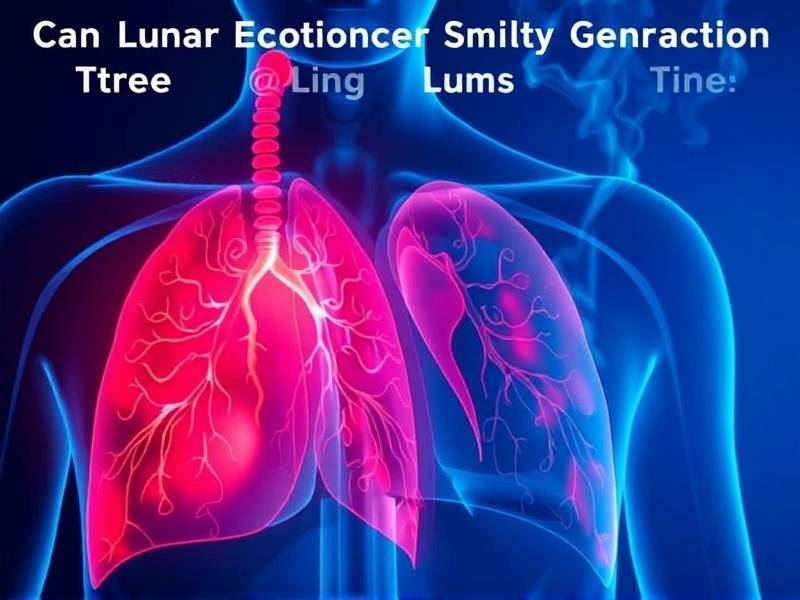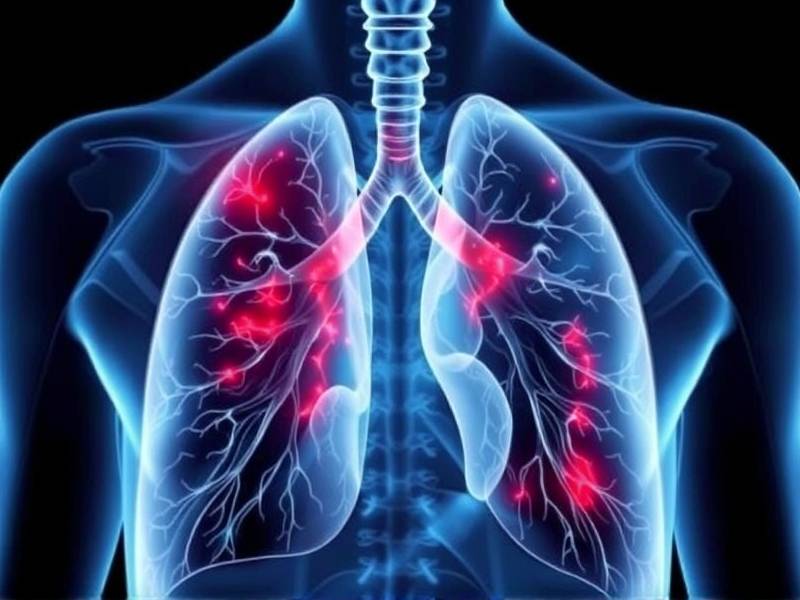Can Lung Cancer Still Develop After Quitting Smoking?
Can Lung Cancer Still Develop After Quitting Smoking? Understanding the Risks and Recovery
Introduction: Quitting smoking is a significant step towards a healthier life. Many individuals who have quit smoking often wonder if it's possible to develop lung cancer even after they've stopped. This article aims to address this concern, providing insights into the risks associated with smoking, the effects of quitting, and the likelihood of developing lung cancer post-cessation.
Understanding Lung Cancer and Smoking Lung cancer is a serious condition that can be caused by various factors, including smoking. According to the American Lung Association, smoking is responsible for approximately 85% of lung cancer deaths in the United States. The longer one smokes, the higher their risk of developing lung cancer.

The Importance of Quitting Smoking When you quit smoking, your body begins to repair itself immediately. Within 20 minutes of quitting, your heart rate and blood pressure drop to safer levels. Over time, quitting can significantly reduce your risk of developing various health conditions, including lung cancer.
The short answer is yes, lung cancer can still develop after quitting smoking. However, it's essential to understand that the risk decreases over time as your body repairs itself.
Factors That Influence Risk Post-Quitting Several factors can influence your risk of developing lung cancer after quitting:

- Duration of Smoking: The longer you smoked and the more cigarettes you smoked daily, the higher your risk.
- Age at Quitting: The younger you are when you quit smoking, the faster your body repairs itself.
- Exposure to Secondhand Smoke: Even if you've quit smoking, exposure to secondhand smoke can increase your risk.
- Genetic Factors: Some individuals may have a genetic predisposition to lung cancer.
The Role of Screening Regular screenings can help detect lung cancer early when it's more treatable. The American Cancer Society recommends annual low-dose computed tomography (LDCT) scans for individuals who have smoked heavily in the past and have quit within the past 15 years.
Conclusion: A Pathway to Recovery While there's always a residual risk of developing lung cancer even after quitting smoking, taking this crucial step significantly reduces your chances. It's never too late to quit; even if you've smoked for many years or have already developed early-stage lung disease, quitting can still lead to improved health outcomes.
Remember that recovery is a journey; it takes time for your body to heal from years of tobacco exposure. By making informed decisions and staying committed to a smoke-free lifestyle, you're taking control of your health and well-being.
For further information on quitting smoking and reducing your risk of lung cancer, consider visiting reputable resources such as:
- The Centers for Disease Control and Prevention (CDC)
- The American Lung Association
- The National Cancer Institute
Stay proactive about your health and take advantage of available support systems as you embark on this transformative journey towards better health.
